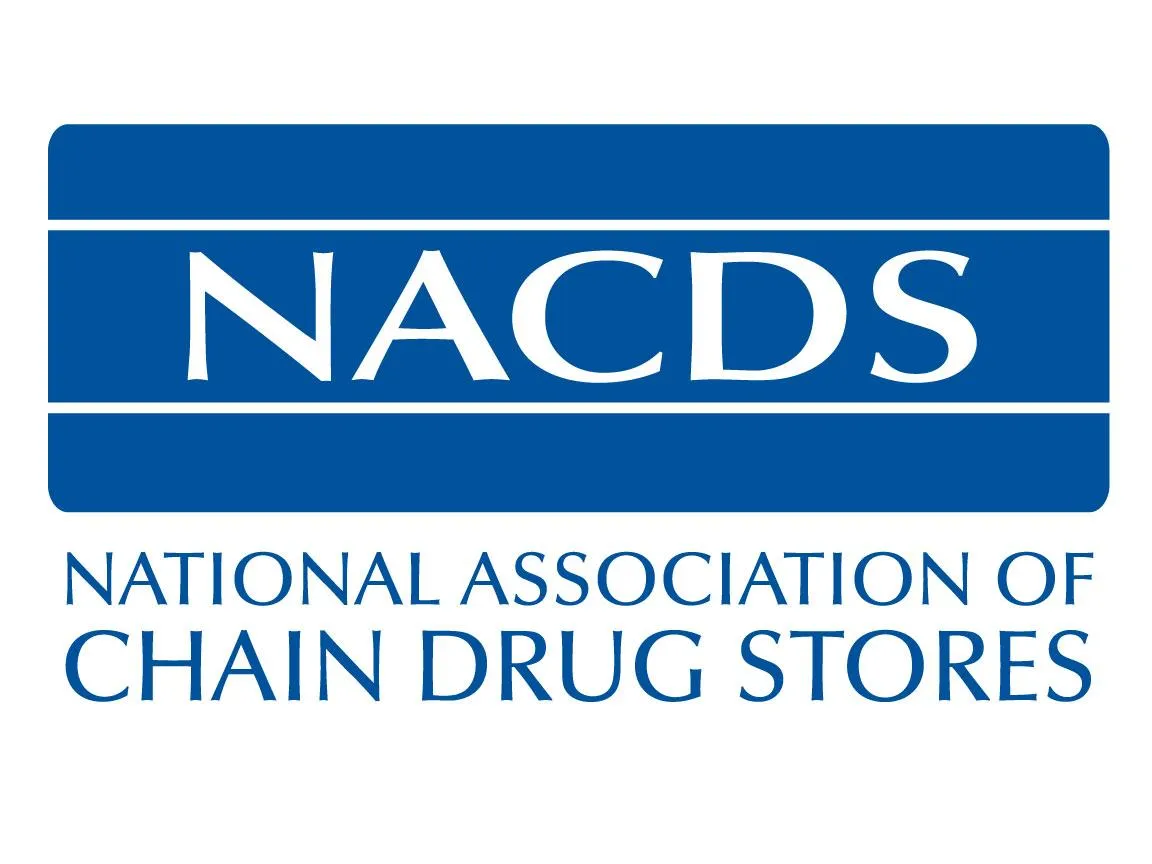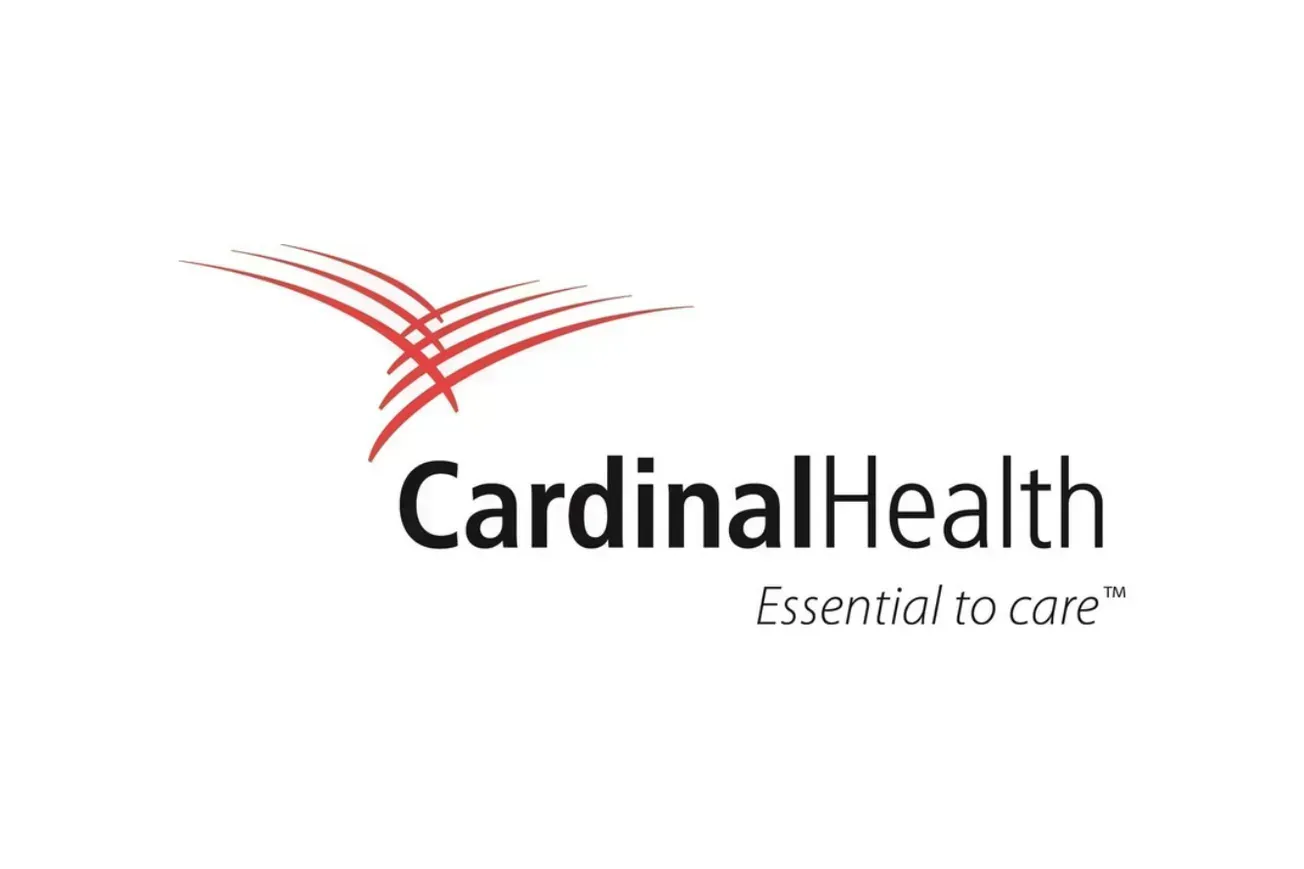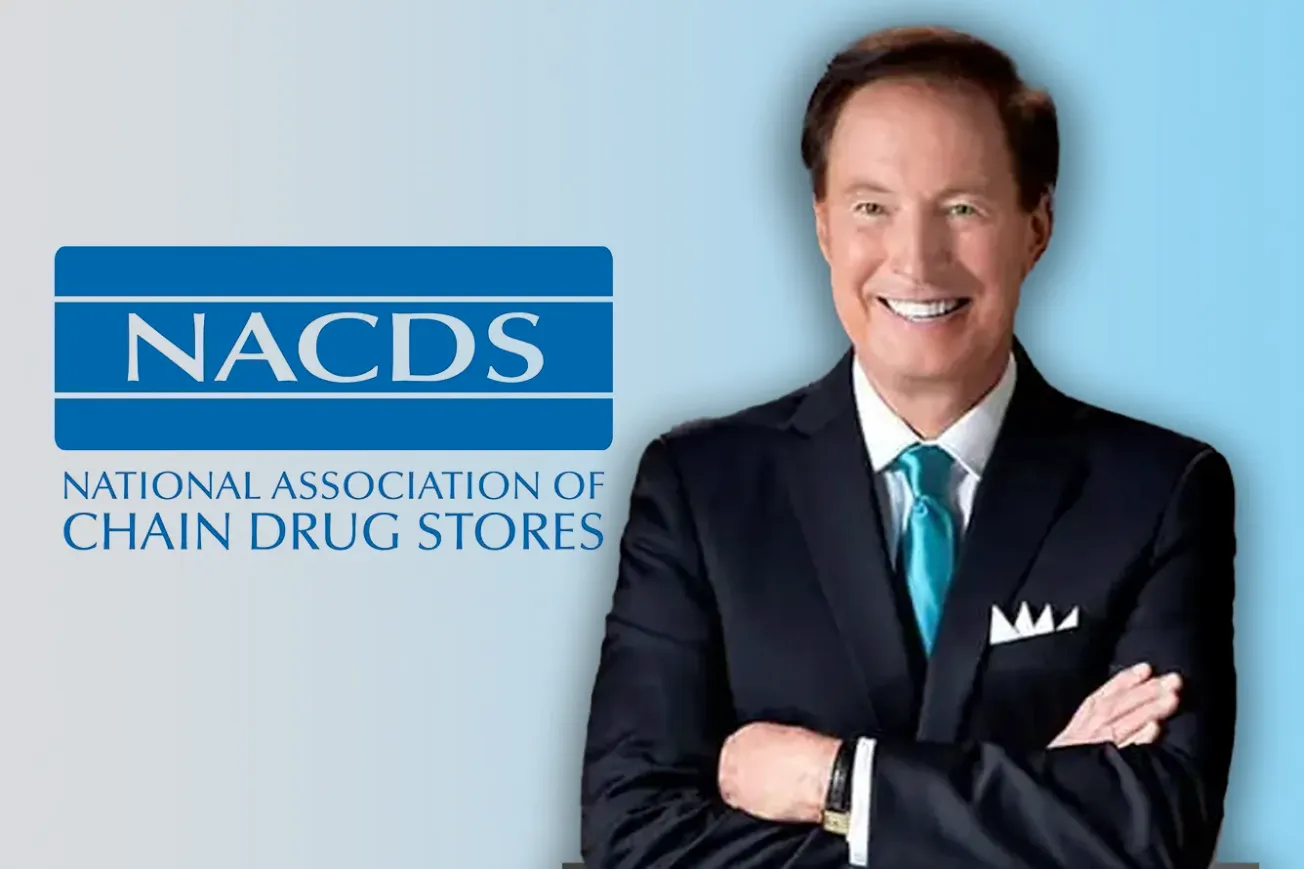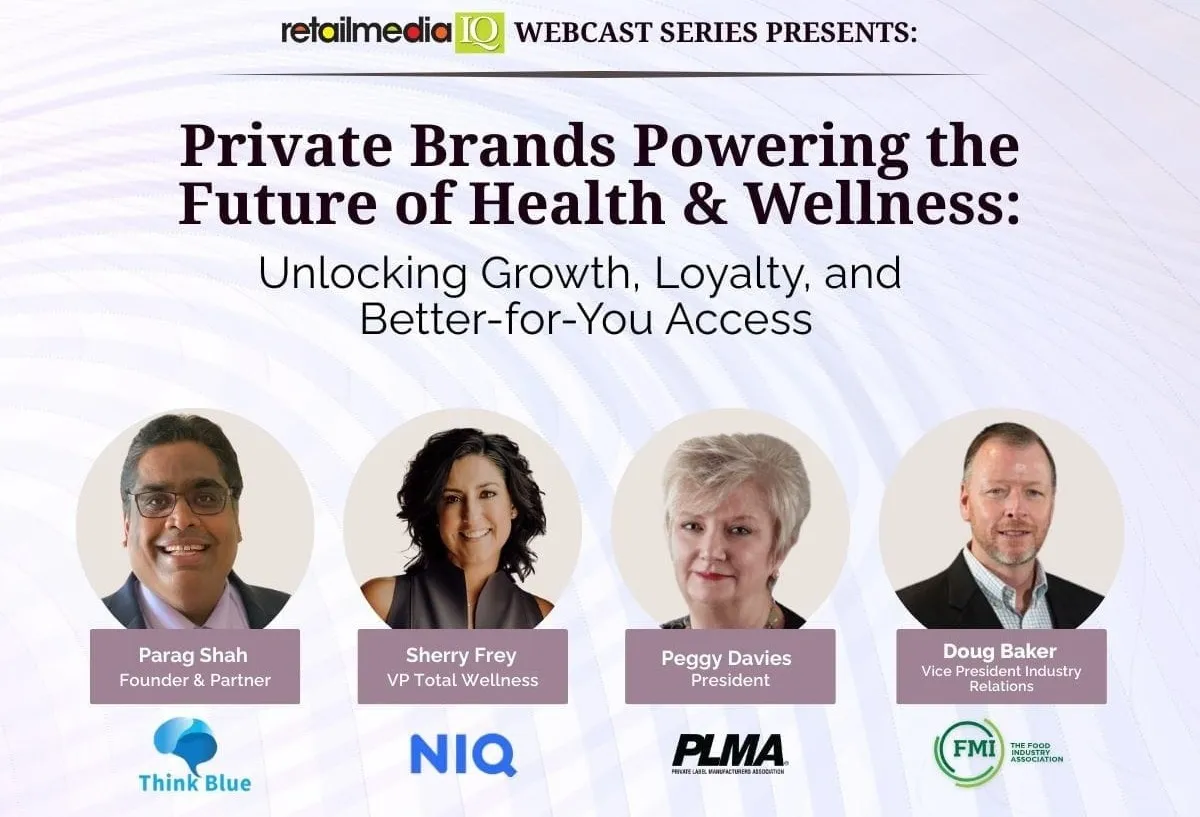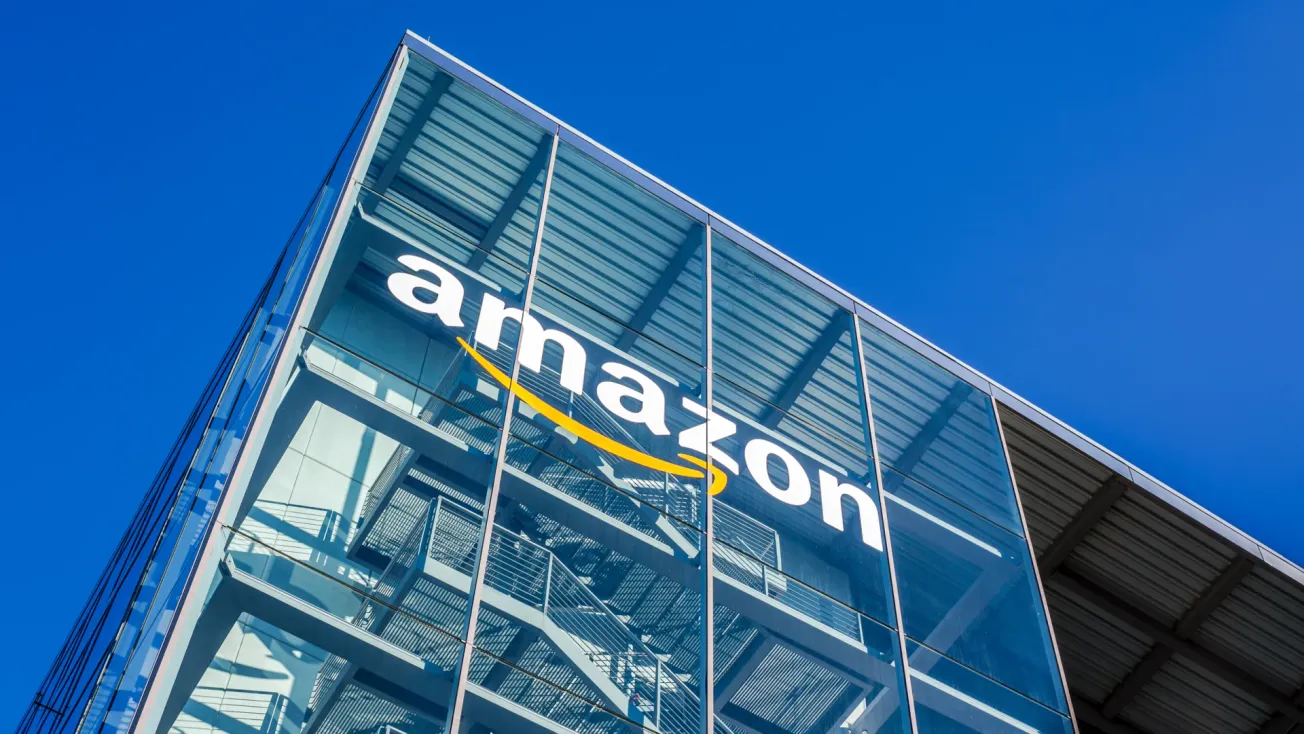ARLINGTON, Va. – A new study released by the Centers for Disease Control and Prevention (CDC) on April 4 further illustrates the irreplaceable role of pharmacy throughout the COVID-19 pandemic — and demonstrates how pharmacies can be further leveraged to meet the broader health and wellness needs of the most vulnerable Americans.
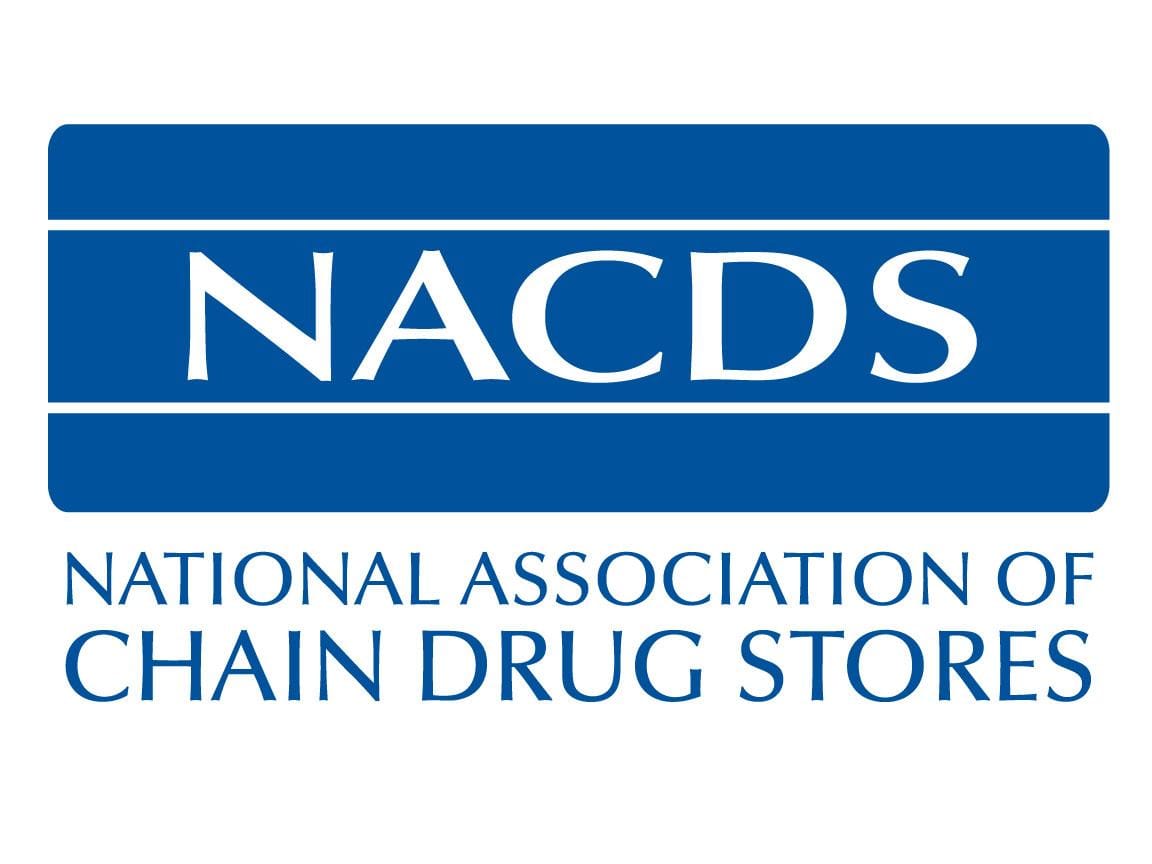
In total, pharmacies have administered nearly 340 million COVID-19 vaccinations since the start of the vaccination campaign to address COVID-19 – according to data from CDC and IQVIA.
Drilling down, the newly released CDC study analyzes data on COVID-19 bivalent mRNA vaccine doses specifically between September 2022 and September 2023. Importantly, the data demonstrates that pharmacies participating in the Federal Retail Pharmacy Program (FRPP) administered two thirds of all bivalent COVID-19 vaccine doses in the U.S. during the study’s one-year timeframe and provided vaccine access for patients across a wide range of sociodemographic groups.
Among the 59.8 million COVID-19 bivalent vaccine doses administered between September 2022 and September 2023, 40.5 million (67.7%) were administered by FRPP partners. The proportion of COVID-19 bivalent doses administered by FRPP partners ranged from 5.9% among children aged 6 months–4 years to 70.6% among adults aged 18–49 years.
In addition, 81.6% and 60.0% of bivalent vaccine doses were administered in urban and rural areas, respectively.
“FRPP partnerships were critical in ensuring access to bivalent COVID-19 vaccination services in the U.S. and could serve as a model to address vaccination services needs for routine vaccines and during future responses to vaccine-preventable disease emergencies,” the study noted.
Of COVID-19 vaccines provided by pharmacies and medical offices between mid-September 2023 and March 16, 2024, data indicates that pharmacies have provided more than 92% of those shots.
NACDS President and CEO Steven C. Anderson said: “Pharmacies served as integral partners in the national effort to scale up vaccination capacity during the COVID-19 pandemic, administering nearly 340 million COVID-19 vaccinations, in addition to providing tens of thousands of COVID-19 tests and essential access to antivirals for Americans nationwide. This underscores how pharmacies can scale what they are doing in other ways, throughout the total store — in driving food is medicine initiatives, in providing prevention and management services for chronic disease, and in delivering broader health and wellness solutions.
“Americans rely on pharmacies’ trust and convenience. According to a Morning Consult poll commissioned by NACDS, 85% of adults in the U.S. say pharmacists are easy to access; 76% support pharmacists helping patients to understand their nutritional choices; and 73% support pharmacists helping patients prevent chronic disease such as heart disease and diabetes. Importantly, majorities of Democrats and Republicans alike see the importance of relying on pharmacies for services that Americans now expect – and for services that can do even more to keep Americans healthy.
“NACDS continues to work at both the federal and state levels to help preserve this vital infrastructure, for future public health emergencies and for everyday care, so that Americans maintain access to the pharmacy-based services on which they rely and expect.”
Specifically, NACDS is urging that pharmacy benefit manager (PBM) reforms in Medicare and Medicaid are must-pass legislation in the 118th Congress. At the state level, NACDS continues to confront PBM practices that force patients and others to pay more for their medicines, that limit patients’ access to their pharmacist, that restrict patients’ access to the medicines right for them, and that jeopardize the pharmacies on which patients rely. Read more …
Additionally, NACDS is urging for swift enactment of federal legislation, the Equitable Community Access to Pharmacist Services Act (H.R. 1770/S. 2477), that ensures access for Americans in Medicare to certain pharmacist-provided services authorized by states. The bipartisan legislation would help maintain Americans’ post-pandemic access to pharmacy-based services including vaccination, testing, and treatment services.

